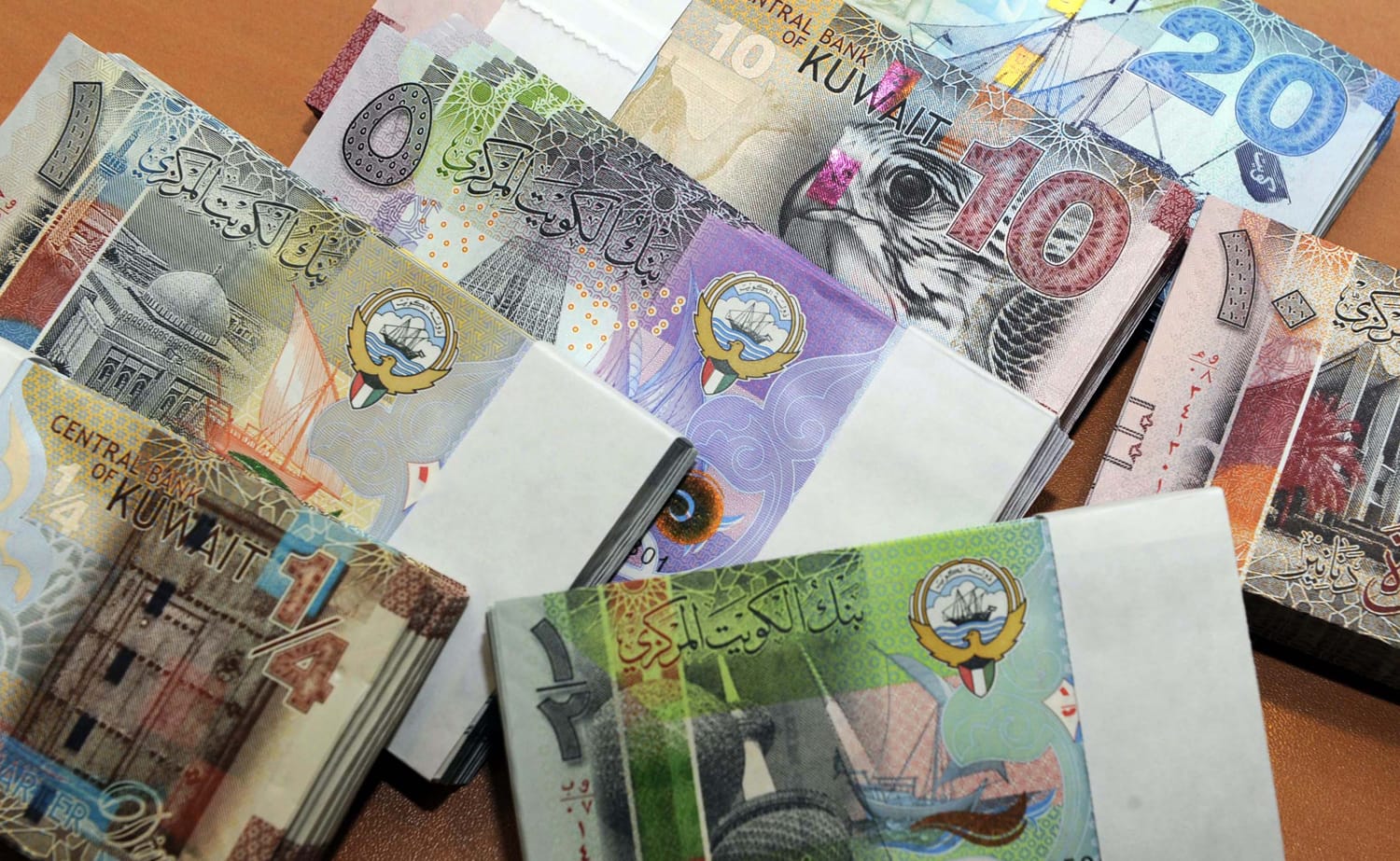KUWAIT: Acting Director-General of the Central Statistical Bureau (CSB) Moniyeh Al-Qabandi announced that the average monthly income of a Kuwaiti family in 2021, without calculating the rental value, amounted to KD 3,995 (about $13,000) compared to KD 3,351 (about $10,900), an increase of 2.2 percent compared to the income and expenditure survey in 2013.
Al-Qabandi said in a press statement on Tuesday on the sidelines of the conference to launch the results of the income and expenditure survey for the year 2021 that the average monthly income of a non-Kuwaiti family in 2021, excluding the rental value, amounted to KD 939.800 (about $3,000), compared to KD 1,131.500 (about $3,700), an increase of 2.3 percent compared to the income and expenditure survey in 2013.
She added that the average monthly expenditure for Kuwaiti families in 2021, without calculating the rental value, amounted to KD 3,296.600 (about $10,800), an increase of 5.6 percent compared to the Income and Expenditure Survey in 2013, while the average monthly expenditure of Kuwaiti families with calculating the rental value is KD 4,138.800 (about $13,500).
She explained that the average monthly expenditure of a non-Kuwaiti family in 2021, without calculating the rental value, amounted to KD 1,071.300 (about $3,500), an increase of 4.4 percent compared to the income and expenditure survey in 2013. The average monthly expenditure of a non-Kuwaiti family, with calculating the rental value, reached KD 1,071.300 (about $3,500). She indicated that the Central Statistical Bureau completed the Household Income and Expenditure Survey Project (2019-2021) in cooperation and partnership with the General Secretariat of the Supreme Council for Planning and Development and the Office of the Program.
KUWAIT: (From left to right) Moniyeh Al-Qabandi, Dr Khaled Mahdi and Hideko Hadzialic.She pointed out that the sample size was determined, which includes 4,032 families distributed over 12 months, at a rate of 336 families per month, as the percentage of Kuwaiti families reached 33.3 percent and non-Kuwaiti families reached 66.7 percent distributed in all governorates. She said it is the most important statistical project and the second largest project for any statistical body, indicating that it is one of the necessary statistical methods for drawing up the economic and social policies of the state on scientific bases, as this survey provides important data that serve the purposes of planning Economic and social development programs.
She stated that the results of the household income and expenditure survey are used as a basis for describing and analyzing a wide range of economic and social issues, the most important of which is providing a broad base of economic, social and demographic data, identifying consumer goods and services in Kuwaiti society at all levels, and identifying the relative distribution of expenditure.
Secretary General of the Supreme Council for Planning and Development Dr Khaled Mahdi said in a similar statement that this survey combines the sources of income received by each family and aspects of spending on basics, luxuries, transportation, housing, and others, indicating that the survey gives a broad breakdown of all aspects of expenditure and income. Mahdi added that the results of the survey provide a database based on an internationally and regionally approved methodology, which helps in using it in making economic policies.
He explained that the results of the survey are important as they play a major role in formulating plans, programs, decisions and legislation related to the development plan of Kuwait. He indicated that the results will be published on the official website of the Central Administration for Statistics so that its data will be available to all, whether scholars, researchers or decision-makers, stressing that these results are considered one of the most important statistical projects in Kuwait. Resident Representative of the United Nations Development Program Hideko Hadzialic was also present on the occasion. - KUNA




